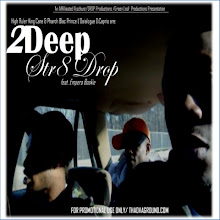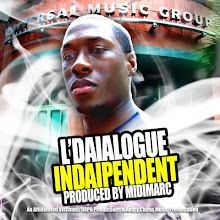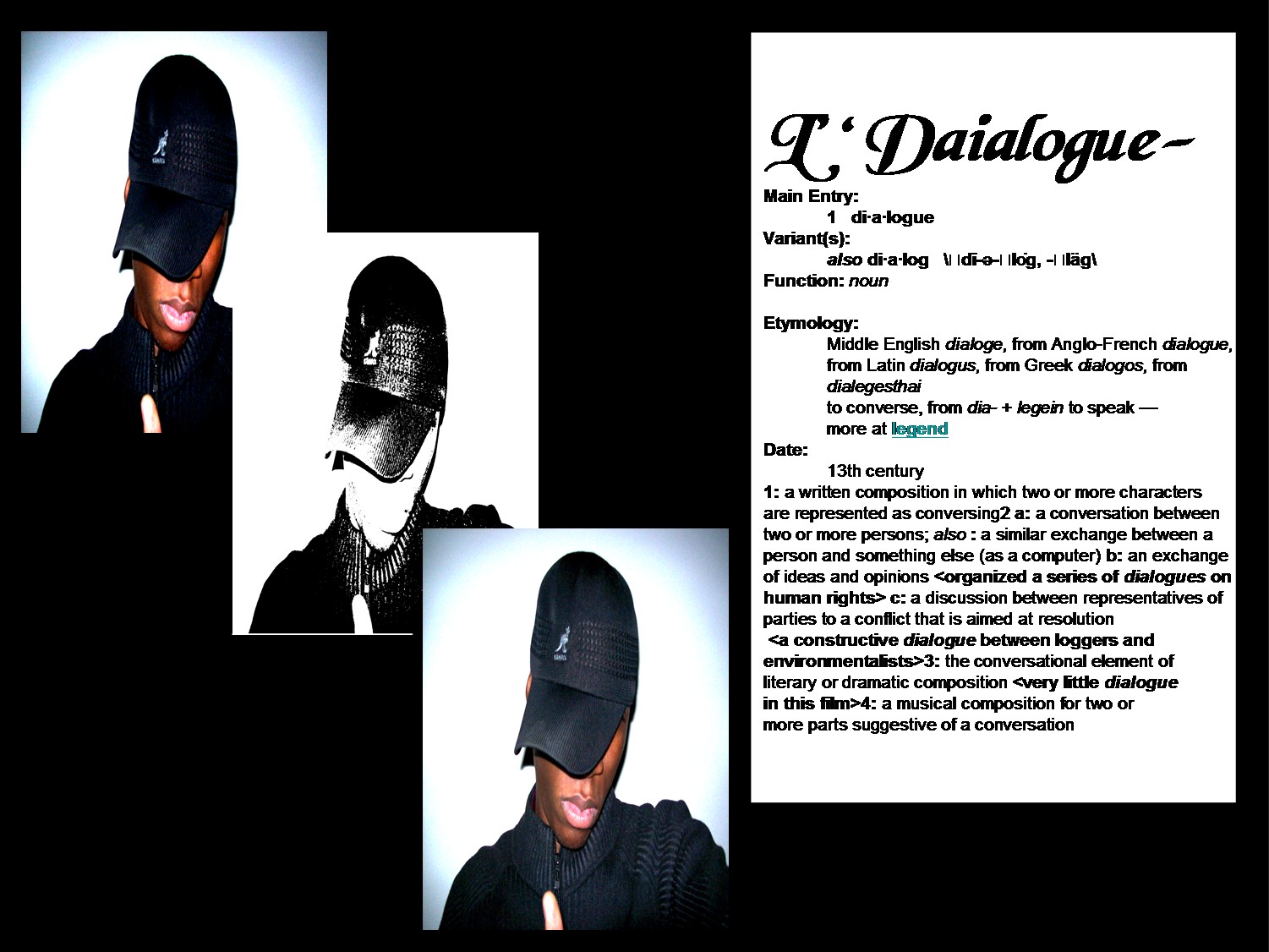Off of DJSkee.com:
The golden era of entertainment is on its way to consumers
who will have no excuse to ever be bored. Times are changing and it is about to
get exciting.
Lets start with music. Jay-Z just sold a million copies
(that will be given away free from Samsung) before even announcing an album,
all three weeks before its release date. Kanye just put out a project with no
single (and only letting you hear the songs in person at a late night
screening, not on the radio or internet). Taylor Swift took over Walgreens with
not just an album, but full product line. Streaming music providers allowing
you to hear and stream almost any song anywhere at anytime, creating a near
endless catalog.
And its not just music. Netflix and other streaming services
have eliminated the need for physical copies of movies, film, and TV (anyone
want to buy my DVD collection?) while also challenging the networks with their
own original series that are as good as anything else on TV. Movies like Scenic
Route are hitting Pay-Per-View before they even reach theaters in order to
build buzz backwards. HBOGo has provided the entire depth of the HBO catalog to
consumers anywhere, anytime. Amazon has revolutionized books with e-publishing
that can make anyone a successful author with no publisher. Even products like
OUYA are changing the video game industry, the last of the big entertainment
field behind books, magazines, music, newspapers, film, and television to
evolve and open the barriers of entry for anyone. And we all know the millions
certain developers have made from the App store off of simple games and
applications.
I could go on and on but the reality is clear; the future
has turned into now for the entertainment industry, and there is only one rule
to follow; there are no rules. Seriously. The days of planning to release a
physical CD or DVD on Tuesday with huge marketing build ups months and months
in advance with the goal of getting people to the store to buy a project are
done.
Now all this is nothing really new and pretty obvious, even
if it does take a few years for the entire population to learn and evolve into
this new reality, but the question is how do entertainment providers evolve?
Lets focus on the content creators: artists, producers, filmmakers, producers,
record labels, networks, channels, and the creative portions.
The advantage of the old model for each respective industry
is the fact that each had a simple to follow formula that was relatively
turnkey for the gatekeepers. Create product, announce in this manner, promote
in that manner, release on a specific schedule through long lasting
partnerships, etc. Each release was basically a carbon copy of the last,
individually tailored towards whatever specific audience the project was aiming
to reach. For music, you release on a Tuesday, do a media run, street team
campaign, radio promo, and release a few singled off each album before moving
to the next. Movies are all about opening weekend hype and huge ad campaigns,
TV is about using other successful shows as lead ins to start to build a weekly
following, video games are all about cashing out for the holiday season with
big budget blockbuster franchises, and so on. Times are changing.
Thanks to technology, anyone can get into any of the
entertainment fields. The playing field is now truly level and each project now
must start with a blank slate to match up against more competition than ever
before. This means throwing out all the old rules and flushing the old methods
out instead figuring out which model works best for each individual project.
The biggest challenge now isn’t creating a project or product, but instead how
to stand out from the competition.
There is no more tricking consumers with big marketing
budgets, names, and advertising tricks. If a movie sucks, the news is out
before it hits theaters via social media (same with any other entertainment
field). If a project is great (and a core group of tastemakers embrace and sign
its praises), it will be probably be successful and known about thanks to the
same methods. Its not just the business that has changed, but the entire
ecosystem from how the public consumes, discovers, and wants to share what it
likes.
Again, the challenge has shifted from getting into a major
system whether it be record label, TV network, movie studio, or video game
producer, to instead creating great products and figuring out how to cut
through the noise.
This is not to say everything that sells or is successful
will be the best quality. There will always be a place for the big budget
action superhero movie and catchy radio hit you’ll be ashamed to sing years
from now, but there is a market for these projects still. On the contrary, not
every amazing album will be discovered if people don’t hear (and spread) it,
and some top rated indy movies, games, and shows will fall under the radar if
the delivery vehicle, marketing, and campaign aren’t effective.
Is Jay-Z’s new partnership with Samsung revolutionary? Not
really, similar things have been done. Prince put three million free CD’s out
in a deal with the UK Daily Mail newspaper in 2007 (that caused record stores
and labels to boycott both the paper and him). However, in 2013, labels and
artists across the field are realizing deals like that are the wave of the
future and they can no longer just sit back and watch.
The fact is clear that entertainers and entertainment are
the most powerful tools to reach consumers. With certain traditional ways of
making money being flipped upside-down (like selling albums), it is now time
for everyone to figure the best path to success for them and throw out the rule
book. For Jay-Z, that means getting a major corporate brand in Samsung to
underwrite a project, creating a win-win-win where the artist, brand, and
consumer all come out on top (money, credibility, free music).
If you look back in the medieval times, kings used to pay
jesters to play in their court to attract the people. In todays terms, the
brands are the kings with the money paying the entertainers to bring attention
from consumers. I don’t buy into the selling out theory (if you were really
making music just for you, you wouldn’t even try to sell it according to this
logic), but at the same respect artists and brands need to understand each
others strengths and weaknesses and if they work together walk a fine line. If
Jay-Z just started tweeting “Buy The Samsung Galaxy S4 for $199 with 2 year
activation from the nations leader in wireless…,” it wouldn’t work. Instead,
what does work is Samsung giving him the autonomy to create and be himself
while utilizing his brand to spread the word (buying 1 million album copies and
an NBA Finals commercial isn’t cheap) and create something consumers actually
want, a new Jay-Z album. In return, the artist has to also play ball in the
brands court- not change themselves, but be respectful (i.e., no iPhone
mentions on the album, and probably no molly water or Emmett Till lines
either). This isn’t censorship or watering down, but the reality of the
situation and doing business. If you truly really don’t care and don’t to
follow these rules, then find another path that works for you. Corporate brands
won’t fund every, let alone the majority of album releases, but it will be a viable
and successful option for some, as will selling singles for $.99 or giving
albums away for free and making money on touring will be for others. Every
project is different.
Netflix made waves when it not only started to produce
original content, but released them in season bundles all at once, forgoing the
traditional TV path of weekly episodes. The rational? Netflix saw its users
digested content and TV shows in binge typically, so it created a new concept
to cater to them (that has so far worked).
The Wall Street Journal has a smaller niche reader base
compared to other newspapers, but its niche are bankers, investors, traders,
and businesses that will pay a good amount of money to read its product, verses
the typical newspaper (or website) that must serve its content for free and
rely on advertising. Im sure there will be new ways that haven’t been tried yet
for the news industry, and again, each publication will need to find out what
works best for them.
These my friends are the new rules. The toughest part,
especially for entertainment industry veterans, will be getting rid of the old
blueprints. Each project needs to be analyzed individually to create a
distribution and marketing strategy that cater to its audience and will make it
successful. For creatives, there is no more excuses for not getting out and
blaming the man, the playing field is now level. It is on you to make your path
and write your future. For consumers, sit back, and enjoy. The golden era of
entertainment is coming in every format, and anyone, anywhere, with anything
has the opportunity to be a part of it.
####
























.jpg)
.jpg)
.jpg)


No comments:
Post a Comment